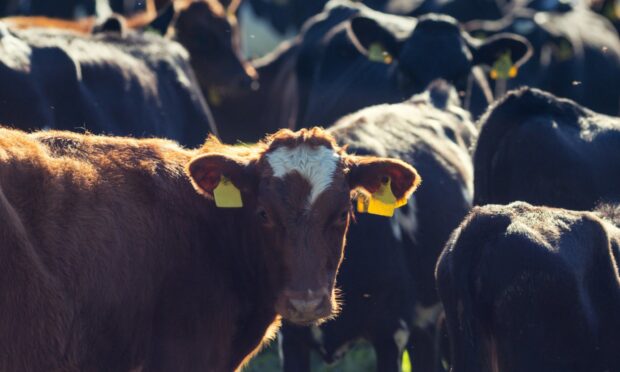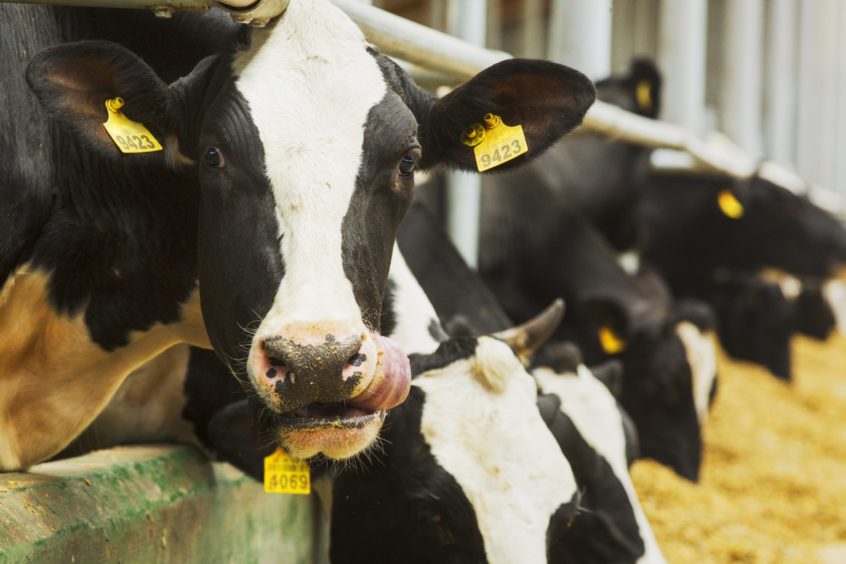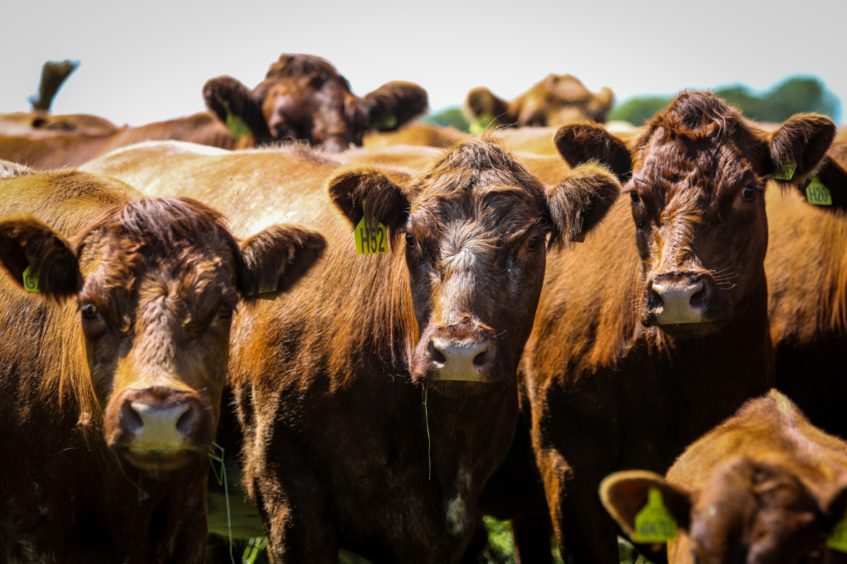The long-awaited switch to a ScotEID database for all registrations of Scottish cattle births, deaths and movements will take place on October 4.
The country’s larger abattoirs and most large markets have already switched over from the Cattle Tracing System (CTS) and are feeding their data direct to ScotEID, and the remainder will transfer along with livestock keepers in October.
After many delays to the switch date, a Scottish Government spokesman confirmed the date of the transition and said the decision to switch systems was taken with industry stakeholders to develop the ScotEID database on a platform that is able to support the electronic identification of cattle.
He added: “The new service will be known as ScotMoves+ and it is an extension of the work which is already carried out by ScotEID who operate Scotmoves to record internal business moves.
“Keepers already use this system and there will be no major change for keepers transitioning to the service. Other administrations in the UK are also working to develop their own multi-species systems to replace CTS.”
Northern Ireland does not use CTS, but Wales is scheduled to switch from CTS to a new system in February and England will transfer in March.
Producers have been assured the four systems will be able to “talk” to each other, and for animals moving from Scotland to England or Scotland to Wales and vice versa, the systems will exchange details of the cross border move and the animal’s data and movement history.
It is understood that Scottish cattle producers will be blocked from using CTS from the switchover date, although abattoirs and markets will have read-only access to CTS Online to look up animal details and movement histories of stock that has crossed the border to the market or abattoir.
Farmers who have holdings in Scotland and England will be required to register with ScotEID for any cattle in Scotland while BCMS will need to be used for stock in England, with records made on CTS.
The introduction of the new system follows a voluntary industry-led pilot project.
Neil Shand, the chief executive of the National Beef Association, said it was important for the industry to be efficient and move forward with the latest technology.
He added: “I just wish all nations were in the same place.”


